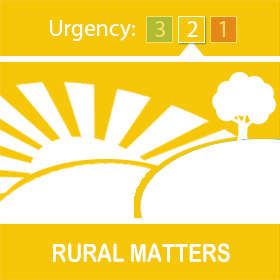
Increasing resource base provision in Devon is part of our strategy to meet growing demand for special educational needs provision and capacity in mainstream schools.
Increasing resource base provision in Devon is part of our strategy to meet growing demand for special educational needs provision and capacity in mainstream schools.
Pupils who go to resource bases benefit from there being a more individually-tailored level of support. That might include include small group work, access to specialist resources, while still being part of their mainstream school community alongside their friends.
In the March edition of this newsletter (link to the March edition), we talked about our ambition to increase the number of resource bases there are in Devon. It’s part of our strategy to help schools support local children whose needs can’t be met entirely in mainstream school environments, but who with additional support, will thrive with their peers.
We said that there are currently too few resource places, and that we were planning additional places in areas with greatest need, to be operational this coming academic year.
So, from September, there’ll be nearly 50 new resource base places created.
- at Holsworthy College, there will be 10 resource base places for pupils with communication and interaction needs
- at Brixington Primary, there will be 10 resource base places for pupils with social, emotional and mental health needs
- and at Bluecoat Church of England Primary in Great Torrington, there will be 20 resource base places for pupils with complex needs, 12 in KS2 and 8 places in KS1.
And there will be an expansion of the existing resource base at Newport Primary School in Barnstaple to 10 places for pupils with communication and interaction needs, (CAIRB).
We predict that within five years, we’ll go from the current number of resource base places to there being an additional 200 places provided across Devon through a combination of expansion and new provision.
We think it will ensure a better offer for children and young people that is local and suitable to their needs, that facilitates better access to the curriculum and avoids the need for children to travel to an appropriate school further away from their local community.

 Criminal investigation into suspended Chief Constable dropped
Criminal investigation into suspended Chief Constable dropped
 Devon families receive their primary school place offers
Devon families receive their primary school place offers
 Theft of Quad Bike / Livestock Trailer and / Farm Tools - Tiverton and Withleigh Area
Theft of Quad Bike / Livestock Trailer and / Farm Tools - Tiverton and Withleigh Area
 Stay vigilant for ticket fraud ahead of top events and concerts this summer.
Stay vigilant for ticket fraud ahead of top events and concerts this summer.











